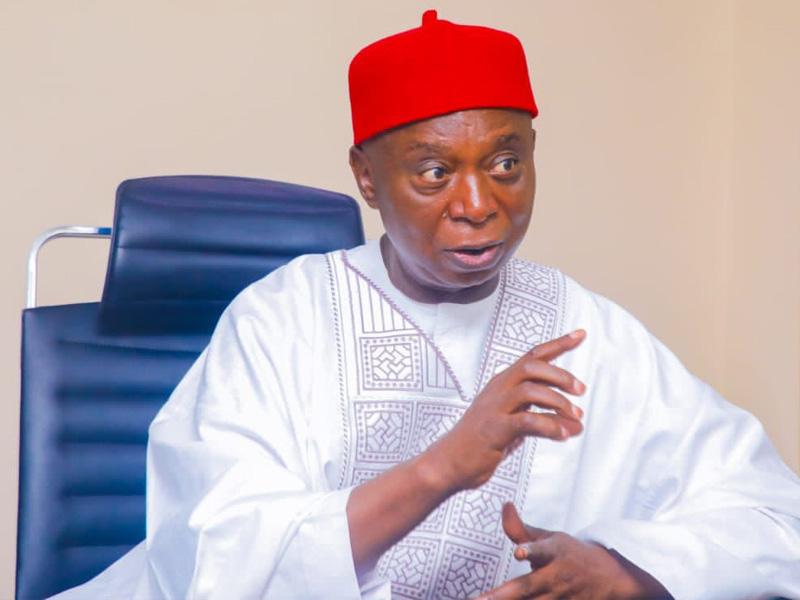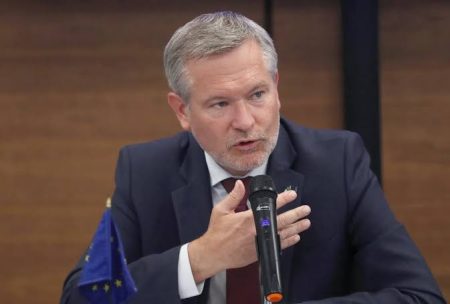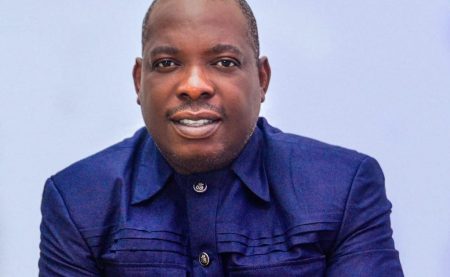Nigeria’s struggle with crude oil theft, a persistent drain on its economy and a contributor to environmental damage and insecurity, demands a comprehensive, technology-driven approach. Senator Ned Nwoko, Chairman of the Senate Ad hoc Committee on Crude Oil Theft, emphasizes the urgency of reclaiming control over the nation’s oil assets and proposes a multi-faceted strategy centered on leveraging technology, strengthening security, fostering community engagement, and ensuring institutional accountability. Given Nigeria’s reliance on oil revenue for budgetary and developmental needs, safeguarding these resources is paramount. The current situation necessitates a paradigm shift, moving away from reactive measures to a proactive, technologically advanced system that effectively combats oil theft and secures the nation’s future.
Nwoko advocates for the deployment of Artificial Intelligence (AI)-powered surveillance systems, including drones and predictive analytics, to monitor pipelines and facilities in real-time. This technological upgrade would provide continuous oversight, enhancing the ability to detect and respond to potential threats and breaches. He also stresses the importance of collaborating with both local and international tech firms possessing expertise in real-time monitoring and risk detection. This partnership would ensure access to cutting-edge technologies and best practices, facilitating a rapid and effective implementation of advanced security measures.
Recognizing that oil theft often thrives in environments characterized by insecurity and instability, Nwoko emphasizes the parallel need for strengthening regional security. Creating a stable and secure environment within the oil-producing regions is crucial for deterring criminal activities and ensuring the smooth operation of oil facilities. He also highlights the importance of incorporating host communities into the oil and gas sector, fostering a sense of ownership and responsibility. Meaningful infrastructural development within these communities would further contribute to stability and reduce the incentive for engagement in illegal activities.
Nwoko calls for institutional commitment and accountability from the Nigerian National Petroleum Company Limited (NNPCL) and other stakeholders. Technological monitoring should be complemented by institutional transparency, ensuring that all parties involved operate with integrity and accountability. He proposes adopting a corporate social responsibility model similar to that implemented by Saudi Aramco, fostering collaboration with host communities and addressing their needs. This collaborative approach can significantly contribute to reducing oil theft and promoting peaceful co-existence between the oil industry and local communities.
Drawing inspiration from countries with successful track records in securing their oil and gas infrastructure, Nwoko advocates for learning from their best practices and adopting similar strategies and technologies. He cites the example of Saudi Aramco, recognizing its sophisticated system for combating oil theft and pipeline vandalism. While acknowledging that Nigeria’s current system is not as advanced, he stresses the importance of striving towards that benchmark and implementing meaningful steps to improve the country’s security infrastructure. This includes decisive action from the NNPCL and other oil companies operating in the sector, driven by patriotic leadership and a commitment to protecting national assets.
The fight against crude oil theft in Nigeria requires a concerted effort, a shift from complacency to decisive action, and a willingness to embrace technological advancements. Nwoko’s call for action is a plea for a patriotic and honest approach, emphasizing the need to learn from successful models and adopt best practices. By implementing a comprehensive strategy that combines technological innovation, security enhancements, community engagement, and institutional accountability, Nigeria can reclaim control over its oil assets, achieve its OPEC quota, and unlock significant economic development. The time for half-measures is over; decisive action is needed now to secure a prosperous future for Nigeria.














